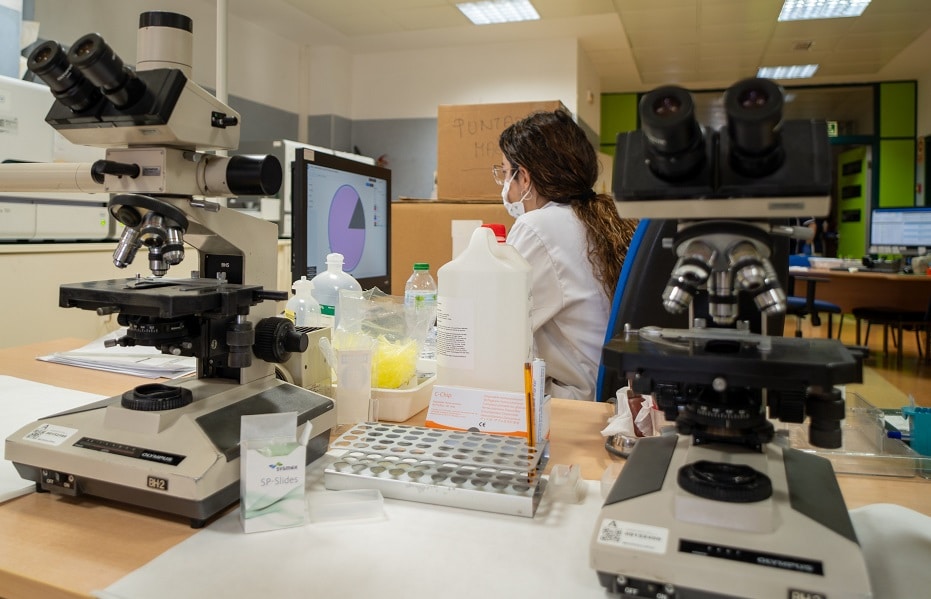The Ministry of Health and Consumer Affairs used AI/data mining strategies to detect patients who had been diagnosed with hepatitis C but were not treated for the disease. As the Ministry of Health explains, it is used to capture or find these “missing” patients, and it is performed in drug treatment centers in addition to patients treated in primary care or hospitals.
The measure is part of a series of prevention and diagnostic activities launched by the Ministry of Health and Consumer Affairs through the Hepatitis C Program to ensure that 90% of people infected with hepatitis C virus (HCV) are diagnosed and achieve an annual incidence rate of less than or equal to 5 cases per 100,000 inhabitants and 2 cases per 100 drug users.
The initiative is implemented through coordinated action between the Directorate General of Social and Health Care, Mental Health and Addiction; the Directorate General of Public Health and Medicines Regulation; and the Andalusian Health Service Information Management Technical Advisory Branch. This joint effort could find out which patients are eligible for treatment and which are not already in treatment for addiction so they can start treatment and be cured of hepatitis C.
Likewise, the same campaign is being carried out to eliminate hepatitis C among those patients treated in mental health units, a group that has higher rates of hepatitis C infection than the general population, and using the same model, patients suitable for treatment can be found . treat.
Together with the last two actions, the initial phase of the elimination plan will launch programs aimed at diagnosing patients who have never been tested for hepatitis C.
The Andalusian Hepatitis C Elimination Plan is to be launched by the Ministry of Health and Consumerism through the Directorate General of Public Health and Medicines in 2022 and considers actions from different areas of action to raise awareness and stimulate proactive policies for the management of this disease and its treatment.
Andalusia plans to introduce “opportunistic” age screening for the 50-59 age group, which has the highest seropositivity rate. To this end, a pilot study is planned, covering 8,000 users from four different health regions and provinces in Andalusia, and after analyzing the data on active infections obtained, it will be assessed whether it is necessary to extend the study to the entire population of the region . age group.
In order to take a comprehensive approach to combating viral hepatitis, the Andalusian Hepatitis Approach Program (PEAHEP) is being developed in collaboration with the Andalusian School of Public Health.
The plan will include the actions of the Hepatitis C Program as well as a series of strategic goals, guidelines and actions to address the management of patients with hepatitis A, B and D.
It is currently in the final stages of a situation analysis and is ready for an epidemiological, opinion, needs and expectation analysis of patient and professional approaches to the care of patients with hepatitis.

